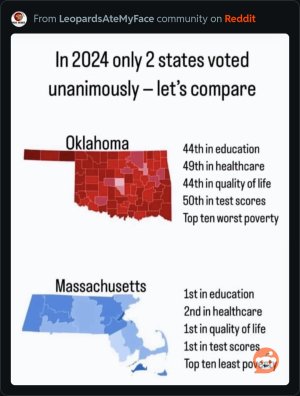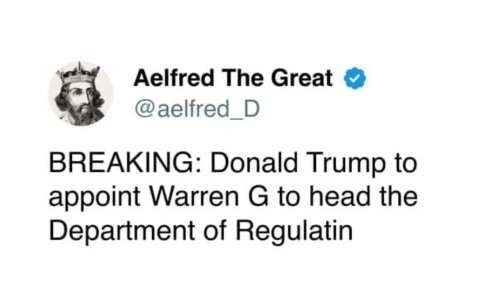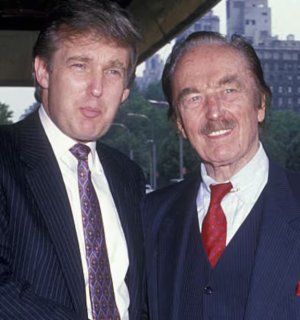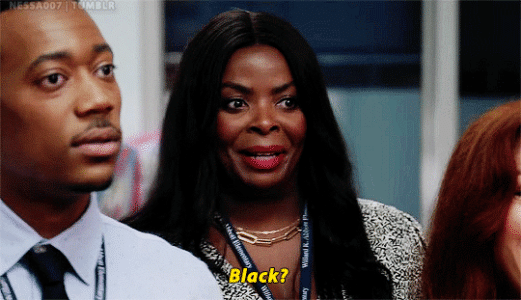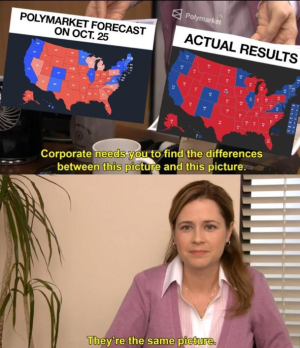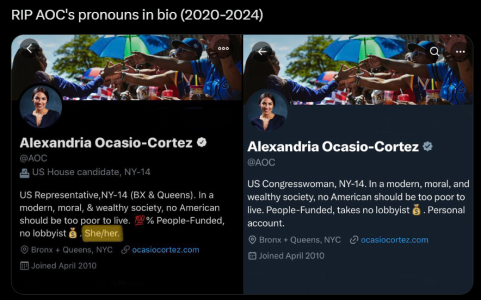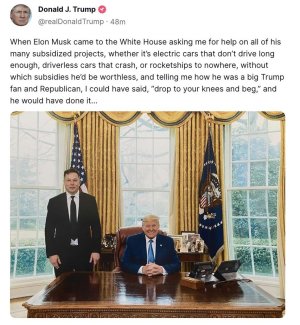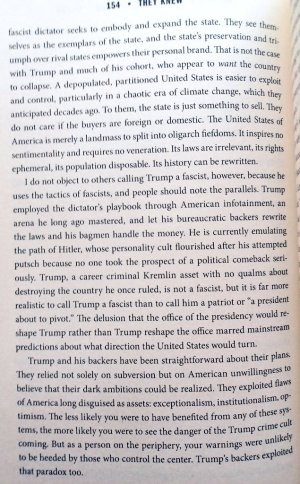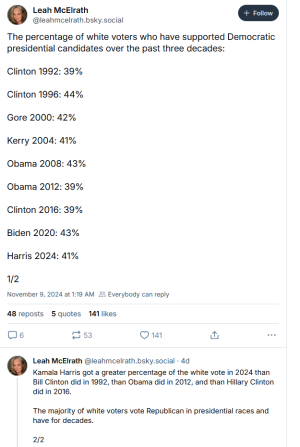I thought I’d leave this here since folks are discussing the politics of calling Bloomberg an oligarch.
You don’t need to go back to Plato’s
Republic or early Athenian prose to answer the question, what is an oligarchy and what counts as an oligarch? Michael Lind writes:
“In an oligarchy, a kaleidoscopic pattern of interest-group competition breaks down because of a central,
swollen interest group that dominates politics and the media as well as the economy.” The power of oligarchs
does not flow from their parentage, which makes an oligarchy different from an aristocracy. Oligarchs
“dominate all social institutions.” (Lind,
https://thebaffler.com/salvos/the-o-word).
Folks have debate whether the United States is an oligarchy for years. But this recent quarrel is not a genuine, intellectually honest debate.
The reason why this matters is that to call Bloomberg an oligarch might depress voter turnout should he be the nominee. But that doesn't mean you can't call a spade a spade. Precisely because he’s an oligarch and has a small but not insignificant chance to become the nominee is why Nina Turner and others have to identify him as using his immense wealth and control of information to skirt democratic processes.
P.S. I think Greenwald is right about American exceptionalism in the ways
 rexanglorum
rexanglorum
further detailed. And for the record, I think we have oligarchs around us, but the United States is not quite (yet?) an oligarchy. Indeed, “although U.S. history has seen an abundance of local oligarchies…, it’s rarely witnessed the formation of a truly national oligarchy” (Lind). Nevertheless, the danger is that oligarchs leverage their local control to secure national power.








